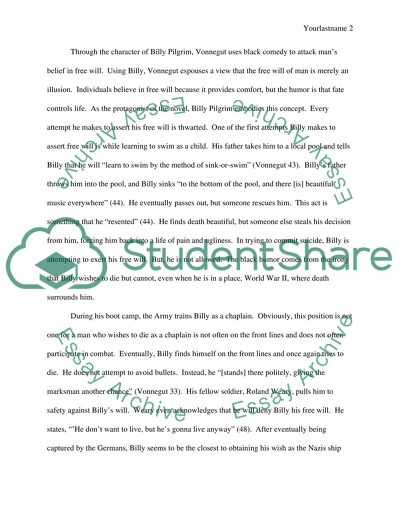Cite this document
(“The Dark Comedy Slaughterhouse-Five Essay Example | Topics and Well Written Essays - 1500 words”, n.d.)
Retrieved from https://studentshare.org/literature/1448830-the-dark-comedy-of-slaughterhouse-five
Retrieved from https://studentshare.org/literature/1448830-the-dark-comedy-of-slaughterhouse-five
(The Dark Comedy Slaughterhouse-Five Essay Example | Topics and Well Written Essays - 1500 Words)
https://studentshare.org/literature/1448830-the-dark-comedy-of-slaughterhouse-five.
https://studentshare.org/literature/1448830-the-dark-comedy-of-slaughterhouse-five.
“The Dark Comedy Slaughterhouse-Five Essay Example | Topics and Well Written Essays - 1500 Words”, n.d. https://studentshare.org/literature/1448830-the-dark-comedy-of-slaughterhouse-five.


